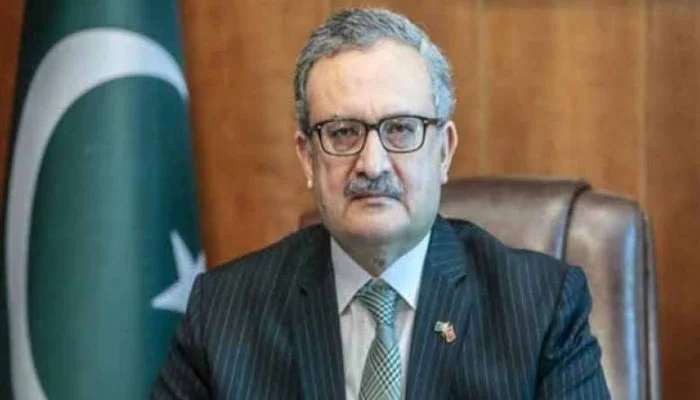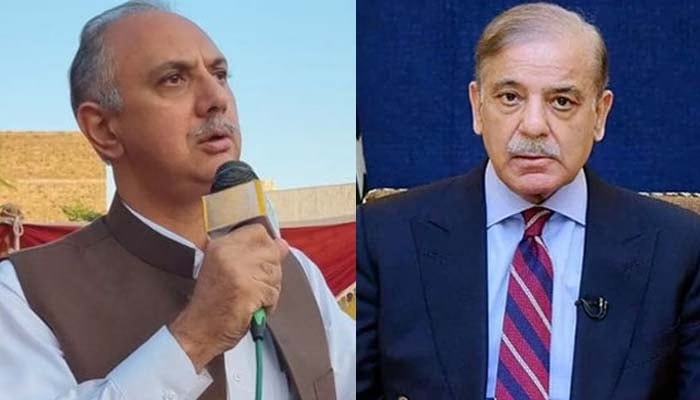Sohail Sajjad Qazi has been appointed as the Foreign Secretary, succeeding Assad Majid. According to the spokesperson of the Ministry of Foreign Affairs, Sohail Sajjad Qazi will now assume the responsibilities of the Foreign Secretary upon Assad Majid’s retirement.
Furthermore, consultations have been concluded for the federal cabinet, including the appointment of Nagran Wazir as the spokesperson for the Ministry of Foreign Affairs.
According to sources, there is a possibility that Jalil Abbas Jilani might be assigned the role of Foreign Minister, and Sarfraz Bajwa could be entrusted with the Ministry of Interior.
In a potential development, Dr. Syed Mohammad Ali, a defense analyst, is being considered for the position of Minister of Information.
These recent changes reflect a series of strategic decisions undertaken by the government to revamp key positions within the administration. Sohail Sajjad Qazi’s appointment as the Foreign Secretary indicates the government’s commitment to ensuring a smooth transition and maintaining continuity in the foreign affairs domain following Assad Majid’s retirement.
The comprehensive consultations conducted for the federal cabinet highlight the government’s emphasis on assembling a team that brings diverse expertise and experience to effectively address the nation’s multifaceted challenges. The potential appointments of Jalil Abbas Jilani and Sarfraz Bajwa signal a potential recalibration of foreign policy and internal security priorities.
Additionally, the consideration of Dr. Syed Mohammad Ali for the role of Minister of Information underscores the government’s focus on information dissemination and the role of media in shaping public perception.
These potential changes in key ministerial positions mark a pivotal juncture for the government as it seeks to adapt to evolving domestic and international dynamics. The chosen individuals will be tasked with steering their respective ministries in alignment with the government’s vision, fostering cooperation with international partners, and effectively addressing the country’s pressing issues.
As the political landscape continues to evolve, these appointments will undoubtedly play a critical role in shaping the direction of the nation and its engagement on the global stage. The decisions made reflect a strategic approach to governance and leadership transitions, aimed at achieving optimal outcomes for the nation and its citizens.



